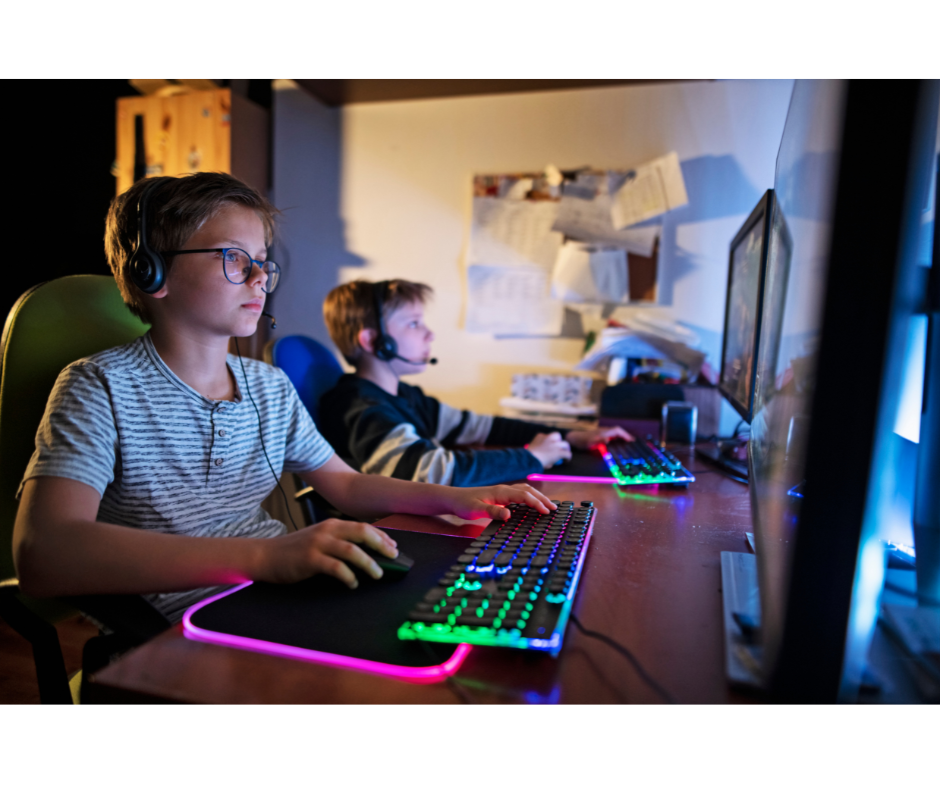
Creating a Game Plan for Educators and Parents on ChatGPT
By Tim Elmore
If you haven’t yet heard of ChatGPT, you need to look into it. It is a new app from Open AI, a Silicon Valley tech company that’s heralding it as a game changer. Unfortunately, it may not be changing the game for the better on all fronts.
ChatGPT enables you, as a user, to input information and, almost like a vending machine, out comes the solution you requested, absolutely free:
- a paper for school
- a report for your boss
- a document that collates the data on a problem and reports it succinctly.
It’s stunning and will only get more accurate as the tool evolves and accumulates more information. You’ve probably already spotted the ethical implications of such a tool.
Tremendous Help or Trojan Horse?
If we can tame this artificial intelligence, it represents incredible help for our limited scope and capacity as people. Businesses can succeed more quickly and with fewer expenses. Taming it will help us in the fields of business, healthcare, law enforcement, and many other industries. If we fail to tame it, however, this tool will serve as a “trojan horse” for a younger generation, who already sees the possibilities of essays written in less than a minute that could earn them better grades. And if those students feel the essay is too well written, they can request that ChatGPT create a new paper at a lower grade level. Think of it as Cheating 2.0, and the bar for cheating successfully just got lowered.
It could be the end of education as we know it.
You remember the story of the Trojan Horse, don’t you? During a standoff between the Greeks and the Trojans, Greek soldiers were able to take the city of Troy after their fruitless ten-year siege by hiding in a giant horse supposedly left as an offering to the goddess Athena. Under cover of darkness, soldiers climbed out of the wooden horse and conquered the city. In other words, what looked like a gift was actually a weapon in disguise that sabotaged the receivers.
With ChatGPT, students no longer must challenge themselves to write an analytical essay on Newton’s theory of physics or to write a book report on Macbeth for literature class. A student can literally wait until minutes before class begins, input a request for the length of the paper, its style and content, and have it ready to turn in before the class period begins.
- No problem that genuine learning never took place.
- No problem that writing skills never deepened in the process.
- No problem that zero grit was cultivated working on the assignment.
- No problem that it promotes procrastination and laziness along the way.
Creating a Game Plan to Address ChatGPT
If we don’t create a game plan for the use of ChatGPT, the achievement gap will only worsen. It may come down to which schools have the capacity to combat AI essay-writing or math problem-solving. While trained teachers can spot a “deep fake” if given the chance, that kind of bandwidth is hard to come by with class size increasing and a shortage of teachers. So, can parents play a role in curbing cheating? Perhaps, but it will be just as hard if both parents are working or if a single parent is raising the children and has little margin in the day. In addition, some schools are less likely to have the resources to purchase the plagiarism-detecting software needed to spot this kind of cheating.
The following four steps are fundamentals that should be in place as school launches in the fall.
- Form a partnership between educators and parents and make them aware.
In the face of any new technology, parents and educators must lock arms and collaborate to offer guardrails for students to prevent them from damaging mistakes. As the fall begins, meet to talk about ChatGPT and its abilities and liabilities. Ensure guardians understand the current ethical issues and form a pact to work together to prevent cheating.
- Talk to your students about the benefits and dangers of ChatGPT and warn them.
Beginning in middle and high school, outline a communication plan to address this issue with students. Help them to see the long-term damage they can do to their records if they cheat and what happens down the road if they take shortcuts now. Share stories of past generations who faced dilemmas and made both good and poor decisions.
- Remind everyone (adults and teens) of the value of ethics and moral implications.
Show them a GPS and then a compass and talk over the difference between the two. A GPS gives you directions if you know the address you wish to visit. A compass helps you find “true north” regardless of where you are, even in uncharted territory. New tech is placing us in new territory that requires morals, ethics, and values to navigate our journey.
- Identify software, as it becomes available, to track the use of ChatGPT.
Software already exists to avoid detecting if ChatGPT is being used (WordAI.) Stay alert for new software that arises enabling educators to detect it. Already existing platforms can help, such as Hugging Face Detector, Writer, and GPTZero. This year, we should experience even more apps launching that help caring adults guide kids and detect the misuse of ChatGPT.
Remember: we should teach that technology is neither evil nor good. It is neutral and will accomplish good or bad outcomes based on its use. It must be our servant, not our master. It should be a tool, not a weapon. The outcomes for our students may just be up to us.






